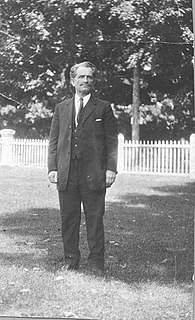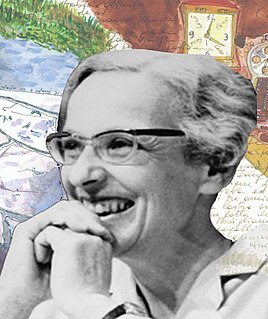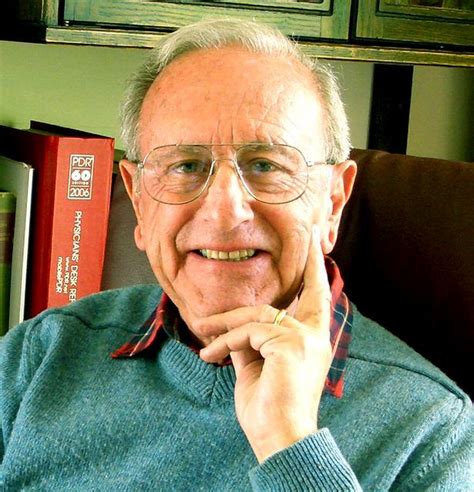Ein Zitat von Boris Sidis
Die Psychologie muss die Gleichmäßigkeit der Wechselbeziehungen physischer, physiologischer und psychischer Prozesse postulieren.
Themen zitieren
Verwandte Zitate
Die Physiologie muss bei ihrer Analyse der physiologischen Funktionen der Sinnesorgane die Ergebnisse der subjektiven Beobachtung von Empfindungen nutzen; und die Psychologie wiederum muss die physiologischen Aspekte der Sinnesfunktion kennen, um die psychologischen Aspekte richtig einschätzen zu können.
Friedrich Hayek ... scheint der erste gewesen zu sein, der den Kern dieser Arbeit postuliert hat, nämlich die Idee von Gedächtnis und Wahrnehmung, die in weit verteilten Netzwerken miteinander verbundener kortikaler Zellen repräsentiert wird. Anschließend erhielt diese Idee theoretische Unterstützung, wenn auch nur am Rande, aus den Bereichen der kognitiven Psychologie, des Konnektionismus und der künstlichen Intelligenz. Empirisch wird dies durch physiologische Untersuchungen und Neuroimaging des Arbeitsgedächtnisses gut gestützt.
Bewusstsein ist unter anderem eine spontane Übung der Kreativität. Sie lernen jetzt in einem dreidimensionalen Kontext, wie Ihre emotionale und psychische Existenz verschiedene physische Formen schaffen kann. Sie manipulieren innerhalb der psychischen Umgebung, und diese Manipulationen werden dann automatisch in die physische Form eingeprägt.
Die ACT-Psychologie ist eine Psychologie des Normalen. Viele der Psychologien, die es gibt, basieren auf der Psychologie des Abnormalen. Wir haben all diese Syndromkästen, in die wir Menschen stecken können und so weiter. Die tatsächliche Evidenz zu Syndromen ist nicht sehr gut. Es gibt keinen spezifischen biologischen Marker für die Dinge, über die in den Medien gesprochen wird. Sogar Dinge wie Schizophrenie – dafür gibt es keine spezifischen und empfindlichen biologischen Marker. Möglicherweise sind einige anormale Prozesse im Spiel, aber ein weitaus größerer Teil des menschlichen Leidens ist auf normale Prozesse zurückzuführen, die uns entgehen.





























